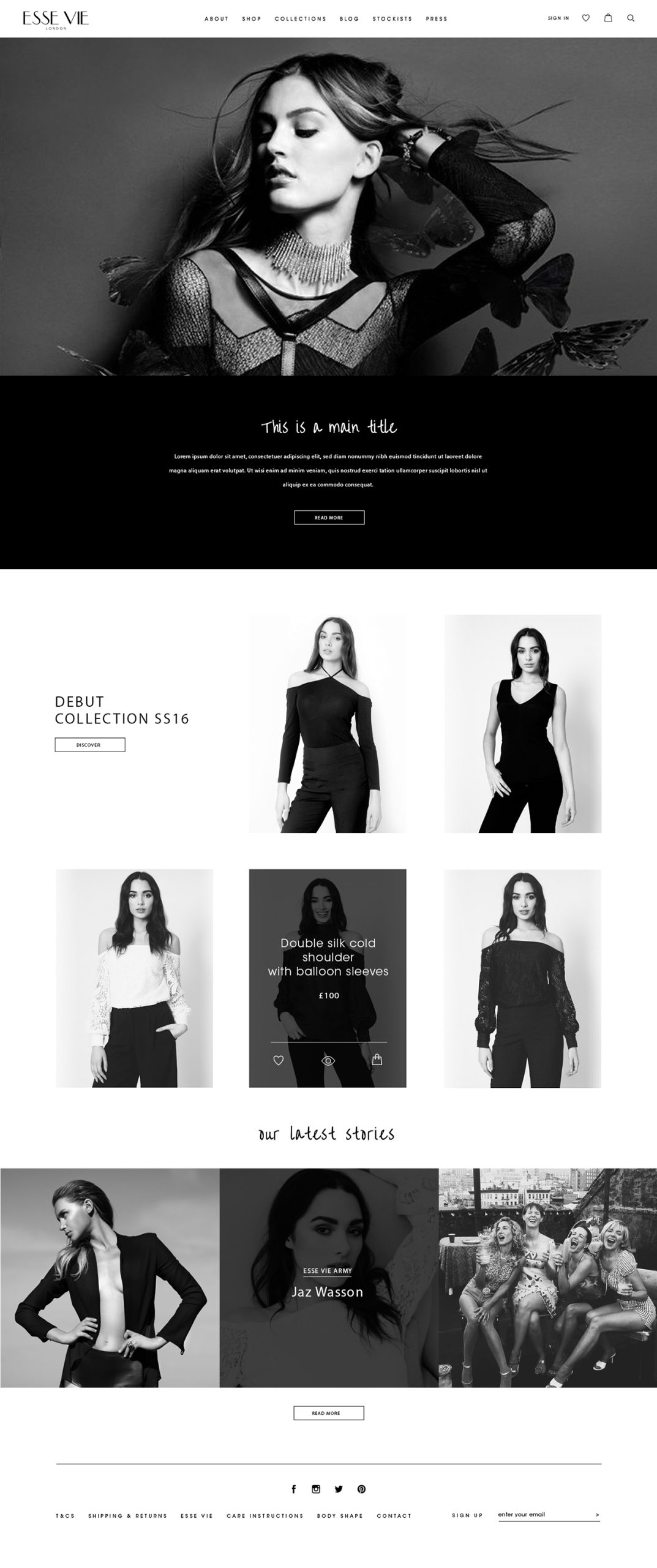Experience Economy in Luxury Brands
Why do we pay so much for a cup of coffee?
The actual cost of grinding coffee beans is pennies, and the labour time isn’t consuming. Yet Costa, Starbucks and Caffe Nero are crammed with customers happy to pay nearly three pounds for a brew. Why? Howard Shultz, CEO, described Starbucks as ‘the third place’ between home and work where people could linger. They’re paying for the ritual, the atmosphere, the memory – the experience economy.
The concept of experience economy comes from Joseph Pine and James Gilmore, who suggested that goods have now become commodities. Goods and services are no longer enough for consumers, so businesses must create experiences instead to survive.
A new type of marketing
With the rise of the internet, customers can now instantly compare prices. This forces down the cost of products making them more accessible and, in turn, less valuable. Oddly, the product choices on the shelf are better than ever – twenty different types of marmalade at the supermarket – but we seem to feel worse. Why? In his TED talk ‘The Paradox Of Choice,’ Barry Schwartz points out that with all these options available our expectations of the product quality goes up, so we rarely get what we hope for and our satisfaction levels go down. Added to this, our opportunities for real life connection and sensory experiences are decreasing since we’re constantly on demand, checking our phones every five minutes for pop-ups, swipes and timeline scrolls. We’re thirsty for ‘real’ and ‘authentic’ connections, including brand experiences.
Who’s doing it right?
We’re already seeing retail stores taking a leaf from theatre, turning their spaces into immersive environments through design and digital technology. At Selfridges a few years ago you could find The Silence Room, a temporary space where shoppers could take their shoes off to find peace and quiet. Chinese clothing stores Mixmind give you multi-sensory experiences like sight, sound and hearing as you walk to heighten the experience. Jimmy Choo gives customers a virtual showroom so they can see what they’re going to buy.
What about luxury
This experience matters, especially for luxury brands. When money is not an issue, especially for millennials, customers invest beyond a quality product into a lifestyle that gets social approval from their peers. What better way to directly link feel-good peer reactions with a product than through experience economy? The possibilities are endless – for instance, imagine luxury brands like Prada entertaining the customer, perhaps at the Savoy, where the reward at the very end is to purchase the product (not too dissimilar from getting a band t-shirt after a concert). For instance, remember last year when Givenchy celebrated its new line of perfumes by selling cocktails that captured the unique fragrances from the collection?
Brands can achieve this too from a digital angle, by creating a bespoke luxury web design that isn’t purely functional but tells the brand story and gives the browser a unique personal experience. For instance, the minimalist sophistication of Esse Vie or the pop energy of VOV.

How can your brand make the most of experience economy? Get in touch with us to find out more.
Subscribe To Us
Contributors
Categories
Subscribe To Us
Contributors
Categories

This website uses cookies so that we can provide you with the best user experience possible. Cookie information is stored in your browser and performs functions such as recognising you when you return to our website and helping our team to understand which sections of the website you find most interesting and useful. Third party cookies such as Google Analytics is also used on this site to provide analytics in order to better understand the user engagement on our site.
You can adjust all of your cookie settings by navigating the tabs on the left hand side.
Strictly Necessary Cookie should be enabled at all times so that we can save your preferences for cookie settings.
If you disable this cookie, we will not be able to save your preferences. This means that every time you visit this website you will need to enable or disable cookies again.







0.Comments